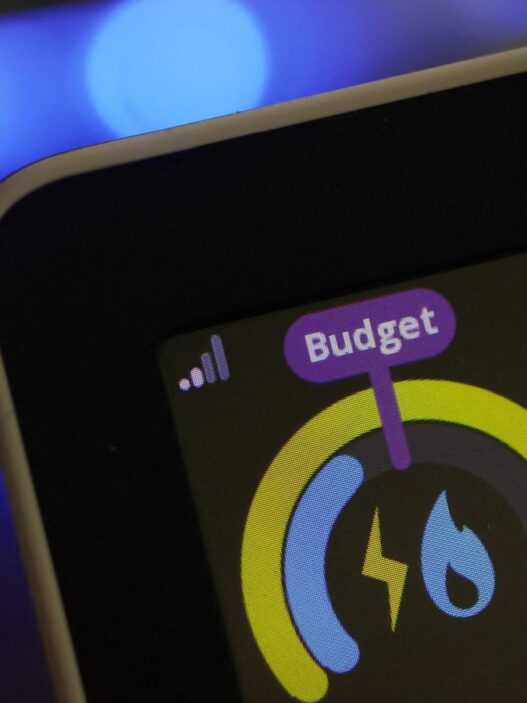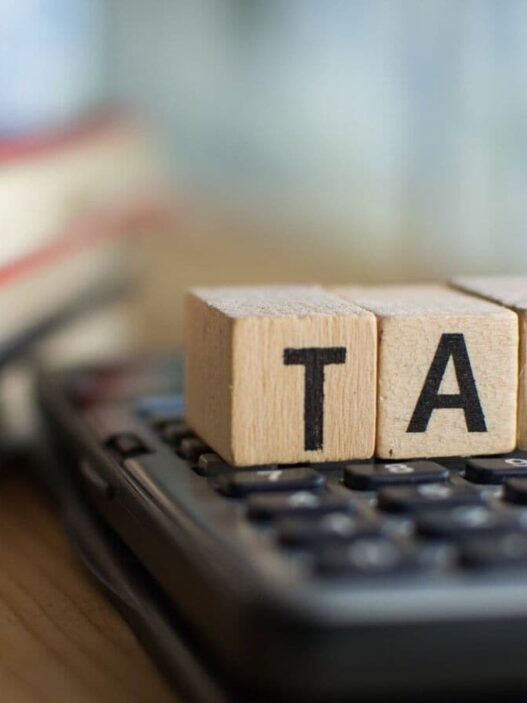As the financial year 2024-25 is about to end in five weeks, taxpayers must be looking for investment avenues which they can explore before March 31 which can be availed for claiming tax deduction.
Since deductions under 80C, 80D, 80DD and 80G are not permitted in the new tax regime, taxpayers can still claim a few deductions which are listed below.
As per the provision of Section 115BAC of the Income Tax Act, 1961, these are the deductions allowed for taxpayers under the new tax regime:
These are the key deductions offered to taxpayers:
I. Deduction under section 80 CCD (2): The deduction is given for investment made on the employer’s contribution to the National Pension System (NPS). An employer can make contributions towards NPS apart from those made towards PPF and EPF.
II. Deduction under section 80CCH: This tax deduction is given on the contributions made to the Agniveer Corpus Fund.
III. Deduction under section 80JJAA: This provision enables eligible businesses to claim a deduction for hiring new employees. So, obviously, this can not be claimed by individual taxpayers.
Besides the above-mentioned deductions, these are the allowances that can be claimed by taxpayers.
Allowances allowed under the new tax regime
1. Cost of travel: Any allowance granted for meeting the cost of travel on tour or transfer
2. Daily charges: Any allowance, whether granted on tour or for the period of journey in connection with transfer, to meet the ordinary daily charges incurred by an employee on account of absence from his normal place of duty.
3. Conveyance: Any allowance granted for meeting the expenditure incurred on conveyance in the performance of duties of an office or employment of profit if the free conveyance is not provided by the employer
4. Transport allowance to disabled: Transport allowance granted to an employee, who is blind or deaf and dumb or orthopedically handicapped with a disability of lower extremities, to meet his expenditure for the purpose of commuting between the place of his residence and the place of his duty.












